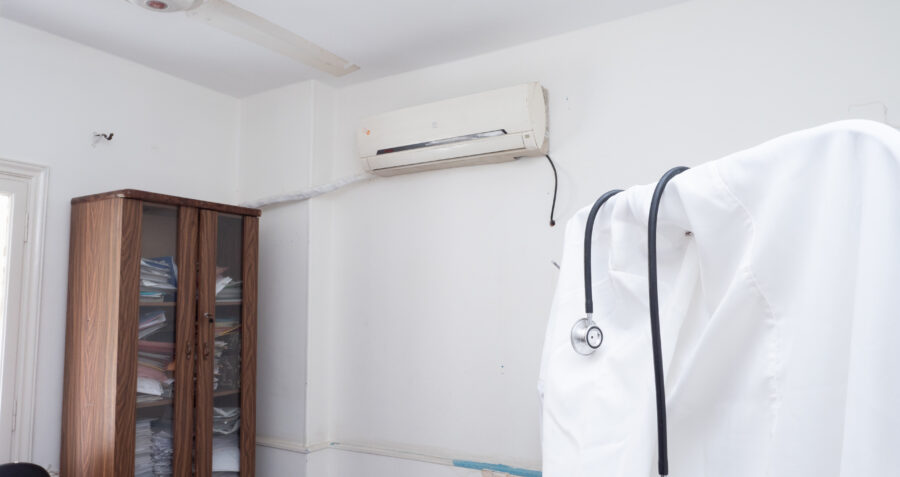Skoun social media campaign for overdose response

Key information
- Organisation: SKOUN Lebanese Addictions Centre
- Country: Lebanon
- Region: Middle East and North Africa
- Stage of innovation: 3. Pilot
- Start date: July 2021
- End date: August 2021
- Type of innovation: Policy innovation: change to policy thinking or behavioural intentions
- Budget: 5,000 USD
- Funder: MENAHRA (under Global Fund)
Summary of intervention
Drug use is criminalised in Lebanon. Often, when people who use drugs try to access services for overdose or drug-related emergencies, hospitals report them to the police. A fear of arrest or imprisonment means peope often don’t receive life-saving hospital services, leading to preventable suffering and deaths. This situation has arisen because hospitals are confused by a law that states they need to report ‘harms’. However, this applies to incidents such as gunshot wounds or road accidents, not drug overdose.
In 2016, Skoun carried out a mapping to see how many hospitals were reporting people the police. The majority were, so Skoun lobbied the Ministry of Public Health (MoPH), leading to a Ministry circular to all hospitals prohibiting this practice.
In 2019, the mapping was repeated, revealing that out of over 133 facilities, only 33 had stopped reporting to the police. Skoun issued a report to the MoPH and the Ministry of Interior. Both ministries issued circulars to reiterate that the security forces should not respond to these calls.
In 2021, Skoun launched a social media campaign providing information on overdose, how to identify it, what to do and where to go, including a list of ‘safe hospitals’ that would not report them to the police. A self-reporting tool enabled people who use drugs to report incidents where their right to health is violated in this way.
Skoun’s aim is to gather data from the self-reporting tool for further advocacy efforts , which will enable the organisation to continue to monitor the situation. The information and self-reporting tool were circulated via social media and are online.
learnings
The self-reporting tool was launched in the middle of COVID-19 and just after the Beirut blast and economic collapse, which presented huge challenges. The public health sector was under huge pressure and Skoun did not want to add pressure. Generally, people were also not attending hospital at this time and the tool has not been used to date.
next steps
Although the tool hasn’t been used yet, there are many reasons why that may be, and the plan is to raise awareness of it and other resources during International Overdose Awareness Day, on the 31st August. The tool is now fully developed, has been widely publicised and is available online, which means it is there for future use.
For more information on Skoun, click HERE.

